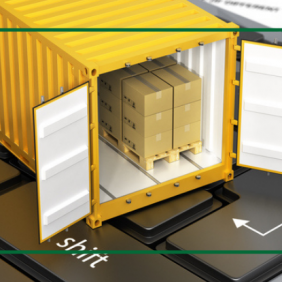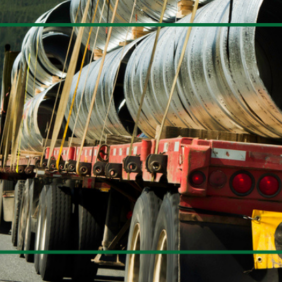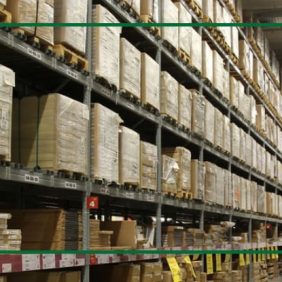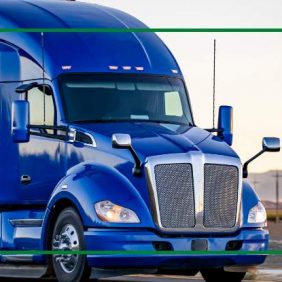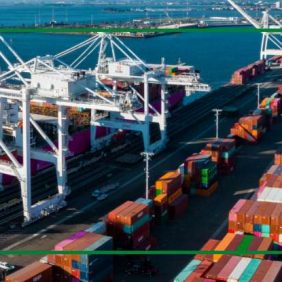The prefab home industry is witnessing a remarkable surge, driven by the appeal of faster construction times and cost efficiency. At the heart of this growing trend lies a critical challenge: efficiently shipping prefab home materials across the nation. The logistics of transporting large, prefabricated sections from factories to construction sites are complex, involving careful […]
Getting materials to the site on time and in good shape is a big deal. It’s not just about moving things. It’s about smart planning and knowing the tricks of the trade. Shipping construction materials comes with its own set of puzzles, from dealing with heavy and huge items like concrete blocks to careful stuff […]
Over the years, electronics have become a mainstay in different homes across the globe, as they save time and effort. However, the tables turn differently when it comes to shipping them from one location to another because the process can sometimes be highly demanding and time-consuming, especially when handling heavy electronics. Unlike other regular items, such as […]
Many people are hesitant to ship engines and transmissions. They’re bulky, heavy, and irregularly shaped. They also contain potentially hazardous liquids and oils. Despite these concerns, engines are actually one of the easiest items to ship! They’re durable machines that can handle the shipping process with ease.
Selling heavy equipment online is not a simple process. If you are dealing with this type of business on a regular basis, you know that it might take a long time to get the item sold, a lot of effort to finalize the deal, and careful consideration to properly ship it. Heavy equipment is a specialized, narrow market. There aren't many people ready to buy heavy pieces of equipment for hundreds of thousands of dollars. If you have a few interested customers, the sale could be a long process, which makes sellin
Before any carrier (transport company) transports any shipment from one location to another, the exact measurement must be provided. In this post, we will show you why accurate freight measurements are important and how to measure for freight properly. Importance of Accurate Freight Measurement It is no secret that the overall cost of your shipment […]
Moving food and other items that can spoil, like medicines, needs special care. Reefer trucking and containers help with this. They are trucks and big boxes that stay cold inside, so the items don’t go bad on their trip. Reefer trucking is used for road travel, and reefer containers are for sea or train journeys. […]
What is damaged freight? Damaged freight can affect your customer’s perception of your brand and ultimately, your profits. While many business owners are aware of the negative effects of damaged goods and packages, many still struggle to understand what freight damage is, how it occurs, and how to mitigate risks. In this guide, we will […]
Transporting big machines and equipment is a massive task in industries like construction and mining. Heavy equipment hauling is all about moving large items that regular trucks can’t handle. It’s about more than driving from point A to point B. There are a lot of rules to follow, roads to pick carefully, and safety steps […]
When it comes to shipping automotive parts, there are many details to consider. Whether you’re a manufacturer, distributor, or retailer, understanding the process of shipping car parts is essential to ensure your products’ safe and timely arrival. This blog post will explore the basics of shipping auto parts, from understanding the different shipping methods to […]
